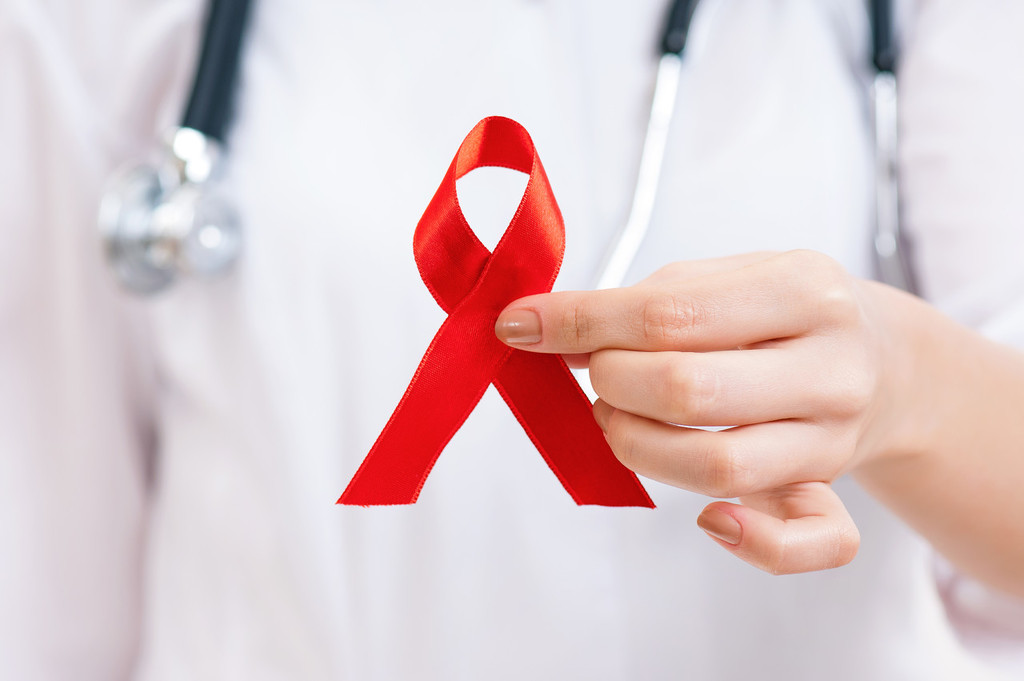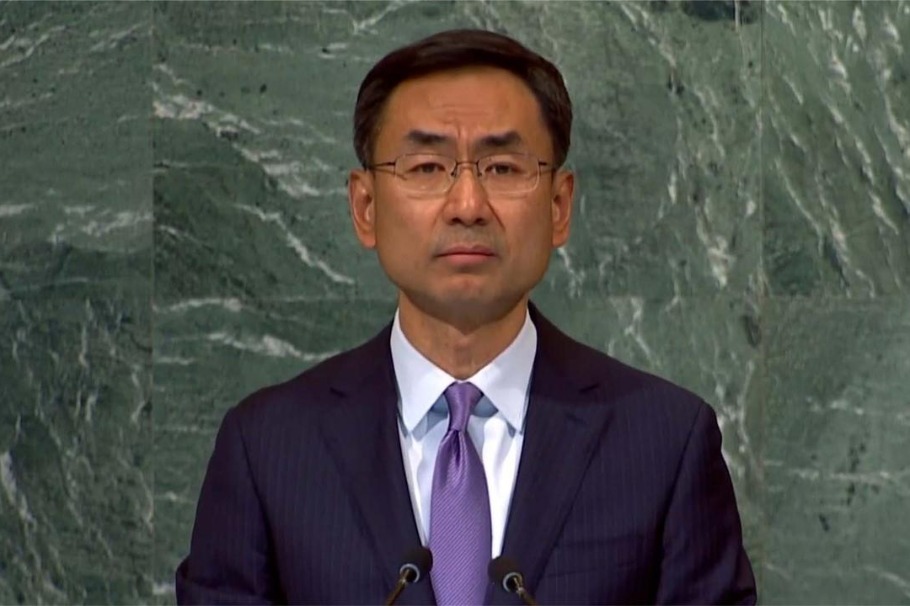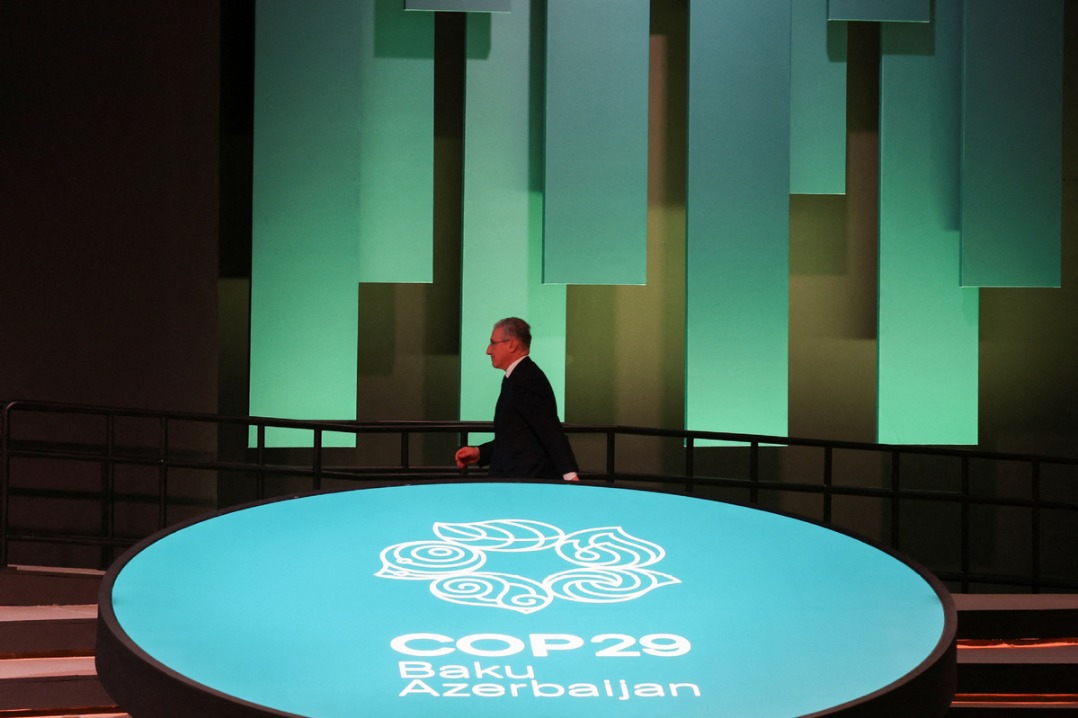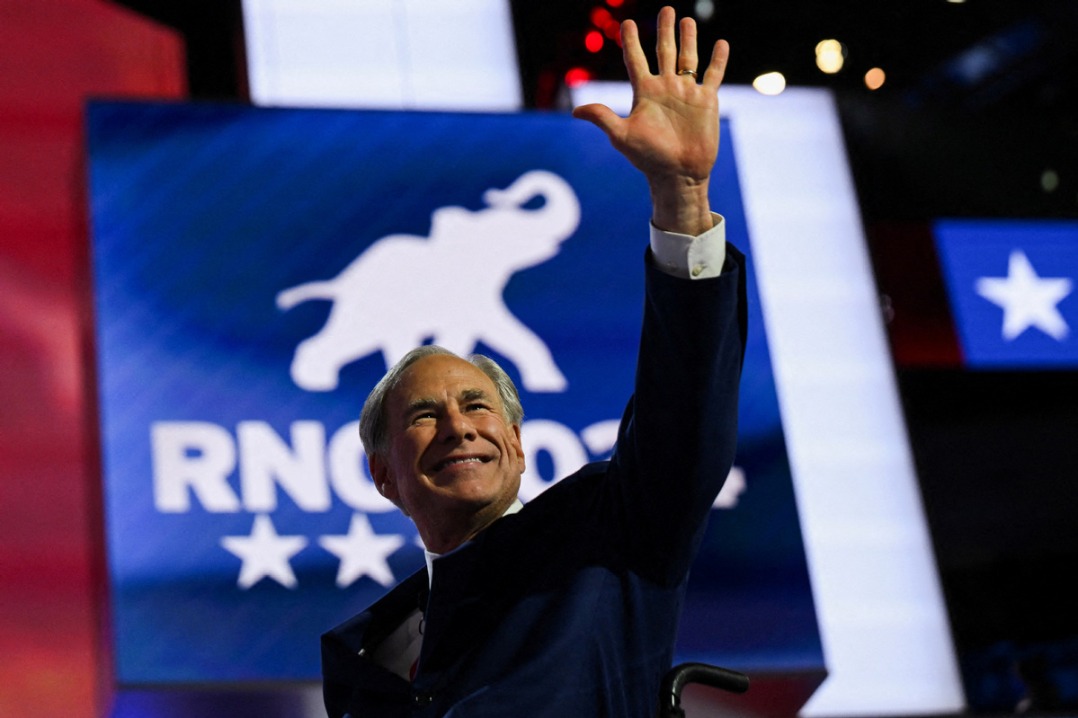Debt blamed for slowing down Africa's fight against HIV


Public debt is choking sub-Saharan African countries, leaving them with little fiscal room to finance health and critical HIV services. The World Aids Day report that was released on Tuesday ahead of World Aids Day on Dec 1 said last year alone, debt service payments in eastern and southern Africa were 2.7 times higher than budget expenditure on health. This revelation calls for relief from current levels of debt for Africa and donors expanding concessional financing for HIV and other health investments.
According to the United Nations, the widening funding gap is holding back the HIV response in low- and middle-income countries, with Sub-Saharan Africa accounting for the largest number of people living with HIV, with more than 26 million people of the 40 million living with HIV globally. Africa's success in having reduced new HIV infections by 56 percent since 2010 will not be continued if fiscal space is inhibited.
In 2024 alone the United Nations estimates that Eastern and Southern Africa will need to mobilize almost $12 billion to fully fund the HIV response. This amount will climb to around $17 billion by 2030 unless new HIV infections are reduced.
The report recommended that sub-Saharan African countries need to beef up their revenue across the region in addition to streamlining their tax systems.
This includes closing tax exemptions that currently cost African countries an average of 2.6 percent of GDP in losses in Africa. Donors also need to scale up financial assistance for health and the HIV response between now and 2030, while creditors should offer debt relief to heavily indebted countries to ease the burden, according to the report.

































